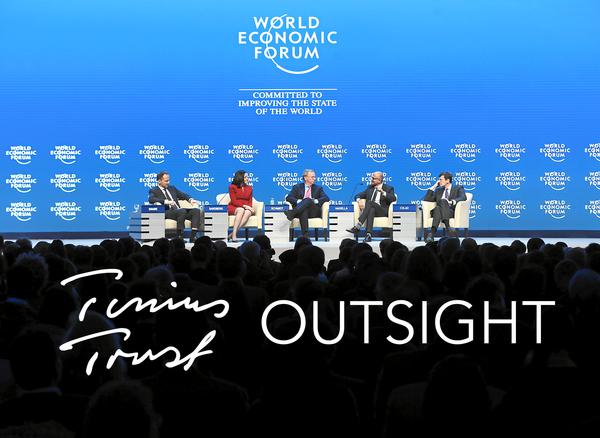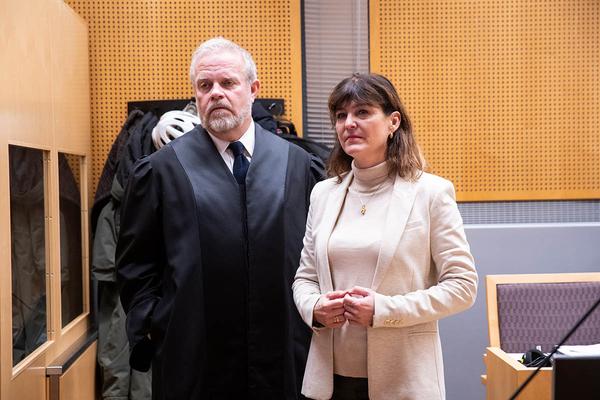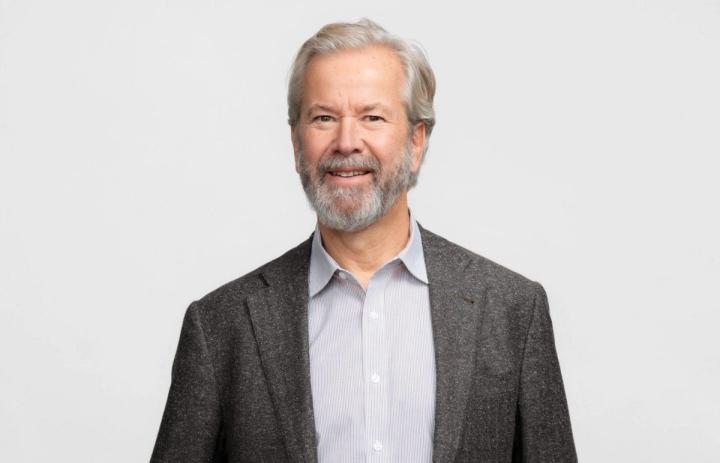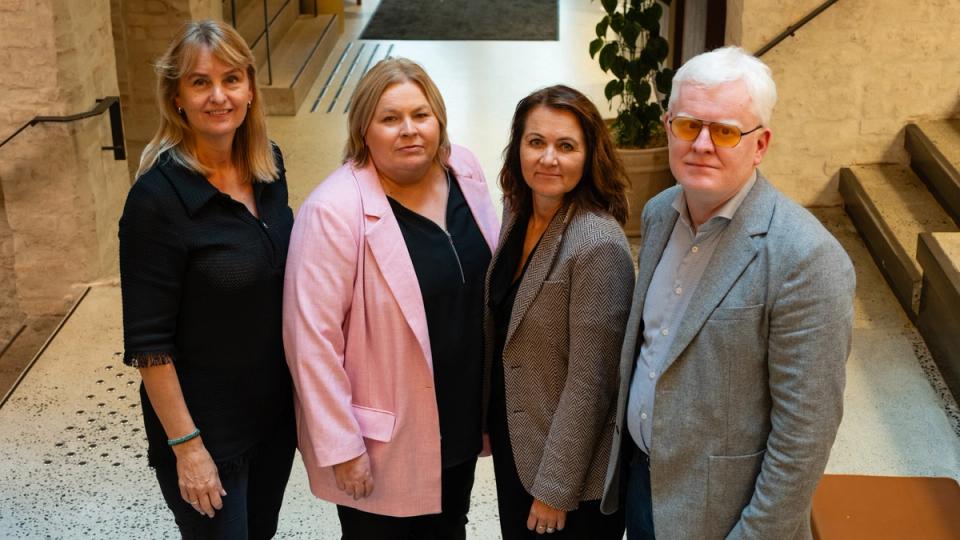30. januar 2015
Outsight & 4 key lessons from Davos and München in 2015

It’s Only The Beginning was the theme of this year’s DLD conference in München. At the World Economic Forum in Davos, […]
It’s Only The Beginning was the theme of this year’s DLD conference in München. At the World Economic Forum in Davos, the future web and the digital age were hot topics. We have collected the primary outsight we brought away from last week’s meetings of elite influencers, along with some other media/tech news.
1. Uber making amends with Europe
Uber CEO Travis Kalanick is trying to repair the ride sharing service’s fractious relationship with Europe. At DLD15 (Digital, Life, Design-conference) Kalanick admitted that new regulation will be needed for smart phone taxi apps. He also promised to create 50,000 new European jobs this year, if regulators plays nice. The question is whether Uber is in fact creating new jobs. After all, what the company does is use an algorithm to connect freelance drivers with customers. Uber neither guarantees pay and benefits, nor contributes to employees’ pension and health care plans. In the sharing economy, companies’ risks are pushed back on to employees.
2. Digital Europe — from laggard to wizard?
The European Union Commissioner for the Digital Economy, Günther Oettinger, wants to level the digital playing field for European internet companies struggling against American giants like Google and Facebook. His vision for a europeanized digital policy includes cross-border commitment to broadband investment, a European data-protection regulation, and European strategies for data security.
At the World Economic Forum in Davos, Oettinger promised to finalize an EU data protection law in 2015 – prompted by a pressing need to align fragmented member state data protection laws. He also stressed the need for a United Nations agencyfor data protection and data security. Some of Oettinger’s efforts could help fulfil chancellor Angela Merkel’s hope that the German economy will be able to cope with the merging of the real and digital economies.
3. Davos on Data: Security, Privacy and Control
Everyone wants to deliver broadband to the world – from Google’s balloons to Elon Musk’s satellites. But who are the real benefactors of the broadband race?
Google executive chairman Eric Schmidt and Sheryl Sandberg, the chief operating executive of Facebook, argued in Davos that more accessible broadband would solve “almost all of the problems we face“. Critics, however, believe that the democratizing potential of new media is overblown, and rather helps to entrench authoritarian regimes.
The creator of the World Wide Web standard, Tim Berners-Lee, warned that a new information architecture would be needed to guarantee privacy in the future. He hopes that “we’ll be in a situation where I can store data wherever I like, but it’s stored there in a way it’s treated as mine”.
Yahoo CEO Marissa Mayer argued the need for efficient data collection. “Personalized technology is better technology, and a personalized internet is a better internet”, she said. She also described how Yahoo had changed its security protocols after the Snowden leaks and called for a set of universal data protection principles:
- Consent must always be requested and granted
- The use of personal data must be fully transparent
- Higher levels of data access must be accompanied by heightened accountability
4. Enter: Jack Ma
Alibaba founder Jack Ma was back in Davos 8 years after his last visit as a “Young Global Leader”. He explained his long absence with: “We can never win the world by talking“. Ma made a point out of being 100% made in China. He never received education outside his home country – partly due to 10 Harvard rejections.
Ma told the audience that Alibaba now has more than 100 million visiting buyers daily. The service has a total of 800 million users and creates 14 million jobs. “The key to success in 2015 is empowering others, and especially women as they tend to care more about others”, he said. 47% of Alibaba’s staff are women, including 33% of senior members. Ma took a stand for privacy, declaring that unless it is to fight criminals he will never give data to a government that “sees the Internet as a key battlefield in its ideological struggle with The West“.
Bonus
Do not miss this session by Scott Galloway at NYU talking quckikly and informative about trends for four internet giants, Amazon, Apple, Facebook and Google:
In other news:
Guardian-editor Alan Rusbridger fears that suggested extensions of police power will be disastrous for British journalism.
Rusbridger expressed concern over threats to privacy and freedom of speech, as well as the right to confidentiality enjoyed by lawyers, doctors, MPs, priests and others. “Journalism, which relies on unauthorized sources for much that is good and valuable, would be changed forever in this country”, Rusbridger said.
Twitter and Snapchat take different stands on algorithms
Twitter launched a ‘While you were away’ feature to help users recap top tweets they may have missed — or as some put it “fire the first warning shot in their inevitable march towards an algorithmically-curated timeline“. Meanwhile, Snapchat released their much anticipated “Discover” function, partnering with media outlets like Fusion, ESPN, VICE, National Geographic and Cosmopolitan. It is an cable TV-esque Internet portal for 2015 that gives editors control of the content, not algorithms. Snapchat says they “count on editors and artists, not clicks and shares, to determine what’s important“.
Is a new industry-wide metric required to stop the devaluation of advertising as a viable business model?
As the rise of AdBlock “reveals a serious problem in the advertising ecosystem“, Frédéric Filloux at MondayNote and Les Échos calls for a big business model clean-up. While the industry is combating fraud in ad-impressions caused by “robot views” and ad-blocking software, Twitter-creator Evan Williams suggests finding the metrics that really matter (like value provided and time spent), and measure them in a better way.
Mexican billionaire and one of the world’s richest men, Carlos Slim, has become the largest shareholder in the New York Times.
The New York Times Building by
Slim exercised warrants doubling his stake to 16.8%. He is not the first billionaire to show faith in the media business. Amazon founder Jeff Bezos acquired the Washington Post in 2013, while Warren Buffett has invested in several newspapers. On the other end of the digital spectrum, VC firms like Andreessen Horowitz are betting on new media outlets like BuzzFeed.
Several industries are gearing up to be ready for the much-anticipated wearable Apple Watch.
It will not be available until April, but here is what some companies are doing:
Advertising: TapSense unveiled plans for an ad platform targeting Apple’s upcoming wearable.
Retail: Marsh Supermarkets will install iBeacon systems in stores to enable interaction with a watch app that delivers relevant content such as brand messages and coupons to shoppers’ wrists.
Publishing: Even though Apple Watch does not have enough space for reading, its sophisticated notification system is valuable to digital publishers. Pipes News is one of many publishers developing apps for the Apple Watch, and they have released an interactive demo.



